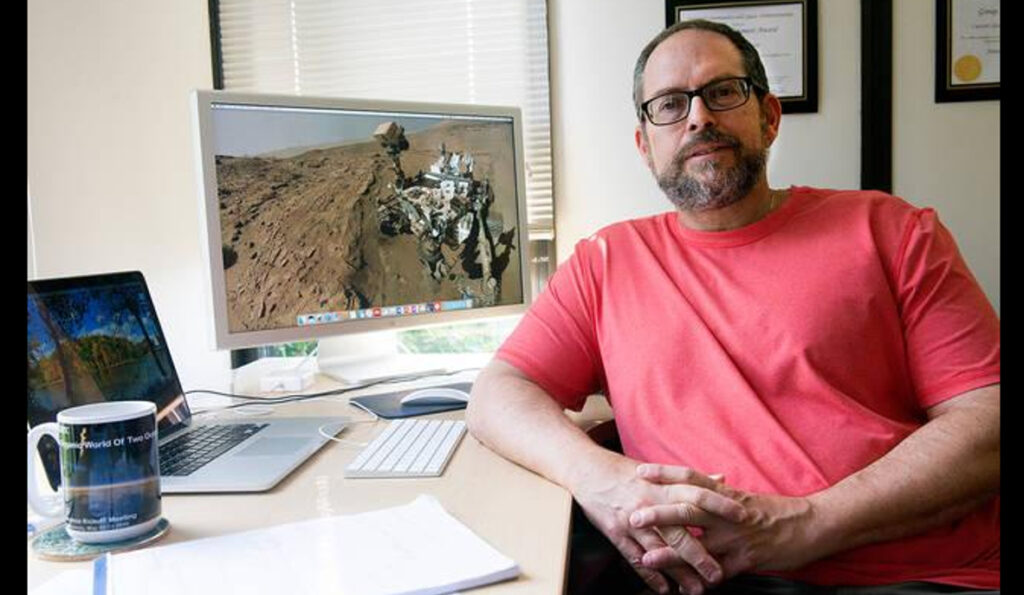Have you ever thought that evolution could be much more than a story of survival of the fittest? It may, in fact, be a universal principle that guides everything from the formation of a single cell to the birth of a star.
Here's what a new scientific law suggests, boldly proposed by a team of scientists and philosophers (if you want to delve deeper into it I link it to you here). I'm talking about “law of increase in functional information”, a theory that could be the answer to one of the greatest mysteries of the cosmos.
Beyond Darwin: the law that extends the theory of evolution to everything
The proposal of this universal law of evolution is revolutionary. He not only extends the concept of evolution to biological life, but applies it to everything from minerals to planets and beyond. This law identifies “universal concepts of selection” that guide systems to evolve, whether they are living or not.
The research team behind this law is just as fascinating as the law itself. Made up of philosophers, astrobiologists, a theoretical physicist, a mineralogist, and a data scientist, the group worked together to tackle one of the cosmos's deepest mysteries. Jonathan Lunine, professor of physical sciences at Cornell University, is one of the study's co-authors and pointed out in a recent statement the importance of interdisciplinary collaboration. Do you want to delve into the details?

Technical details
The law states that “the functional information of a system will increase (i.e., the system will evolve) if many different configurations of the system undergo selection for one or more functions.” This means that systems that form from numerous components, such as atoms, molecules and cells, can be repeatedly organized and rearranged and adopt many different configurations.
Complicated? Let's try with an example.
Imagine a group of Lego bricks. Every time you build something with these bricks, you are creating a “configuration”. Now, if you only choose buildings that are more stable or useful (like a house versus a messy pile of bricks), you are “selecting for a function”: in the case of this example, stability.
The law says that if you continue to do this, always choosing the best buildings, in the end you will have a group of very functional and "evolved" buildings. This concept applies not only to Lego bricks, but to everything in the universe: from the cells in our bodies, to the planets in space.

Reactions from the Scientific Community
The scientific community has reacted very unevenly to this new law. Some consider it a “breath of fresh air”, others are more skeptical. For example Martin rees, professor emeritus of cosmology and astrophysics at the University of Cambridge, expressed doubts about the law's universal applicability.
How to every new theory, this too requires further refinement and verification. What is certain is that it has already begun to make us think more deeply and inclusively about evolution.
It could be a significant step forward in our understanding of the universe. It could provide the framework for future research and could also have practical implications in fields such as genetic engineering, robotics and astrophysics. What do you think?


